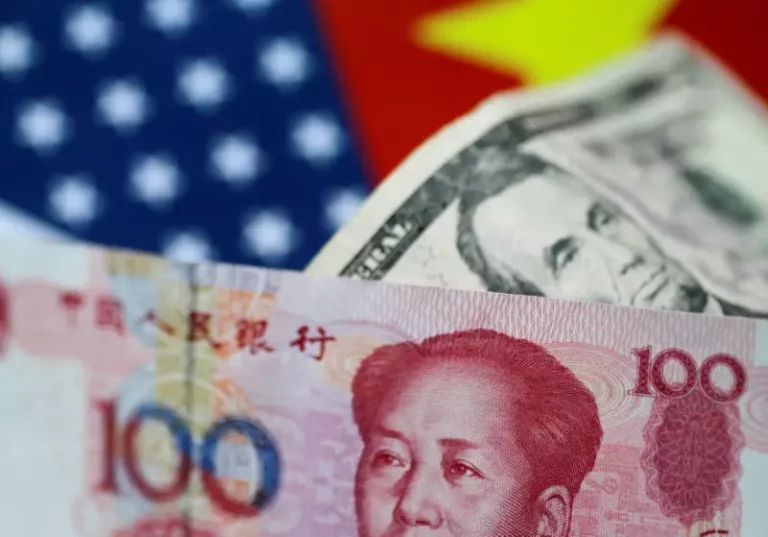Potential Currency Impact of Trump’s Re-Election: Insights from Nomura Analysts

Recent analyses by Nomura strategists shed light on the potential ramifications for the USD/CNH currency pair should former President Donald Trump reclaim the presidency in the upcoming elections. With a proposed implementation of aggressive tariffs on Chinese imports, there are significant implications for the exchange rate and the broader economic landscape. Nomura’s projections suggest that the USD/CNH could experience a dramatic increase, estimated at approximately 11%, marking a potential economic shift that investors should closely monitor.
The basis for this projection draws heavily on historical data from Trump’s previous tenure, particularly during the tariff imposition phases of 2019. According to Nomura’s report, the imposition of every $10 billion in tariffs correspondingly raised the USD/CNH exchange rate by an average of 1.7%. By extrapolating this historical principle, Nomura anticipates that a hypothetical 60% tariff could inflate the USD/CNH rate by around 10.7%, concurrently causing a pronounced depreciation of the yuan against a trade-weighted basket of currencies by about 6.9%. This analysis highlights how fiscal policies tied to political events can significantly affect currency valuations.
As speculation mounts over a potential Trump presidency, market participants are reportedly beginning to align their strategies with the possibility of these tariff implementations. Nomura’s strategy team maintains a long position on the USD/CNH pair, anticipating that Chinese authorities may deliberately refrain from intervening to strengthen the yuan, allowing for natural depreciation in response to the tariffs. The possibility of the USD/CNH touching the psychologically significant level of 8.0 seems increasingly probable, especially if tariff actions manifest as early as mid-2025.
However, as with any financial forecast, there exist multiple contingents and potential risks that could disrupt this anticipated trajectory. Notably, a surprise stimulus package from the Chinese government could counterbalance the impact of Trump’s tariffs on the yuan’s value. Additionally, the political landscape is unpredictable, and should Vice President Kamala Harris emerge victorious in the presidential race, it could lead to a broader weakening of the USD. Another possibility, albeit historically improbable, is a coordinated effort by China to stabilize the yuan in reaction to tariffs, an action that could further complicate the forecast.
In light of these nuanced scenarios, the investment community is keeping a watchful eye on the USD/CNH pair as one of the major currencies that may experience heightened volatility depending on the outcome of the U.S. elections. The positioning of investors in anticipation of a Trump victory underscores a broader trend of cautious optimism mixed with apprehension towards a currency that appears intrinsically vulnerable to a tariff-driven fiscal framework. Ultimately, while Nomura’s projections contribute valuable insight into potential currency trajectories, the interplay of political developments and economic strategies will ultimately dictate market outcomes. As such, financial players should remain hyper-aware of the shifting sands that could influence this currency pair in the near future.





